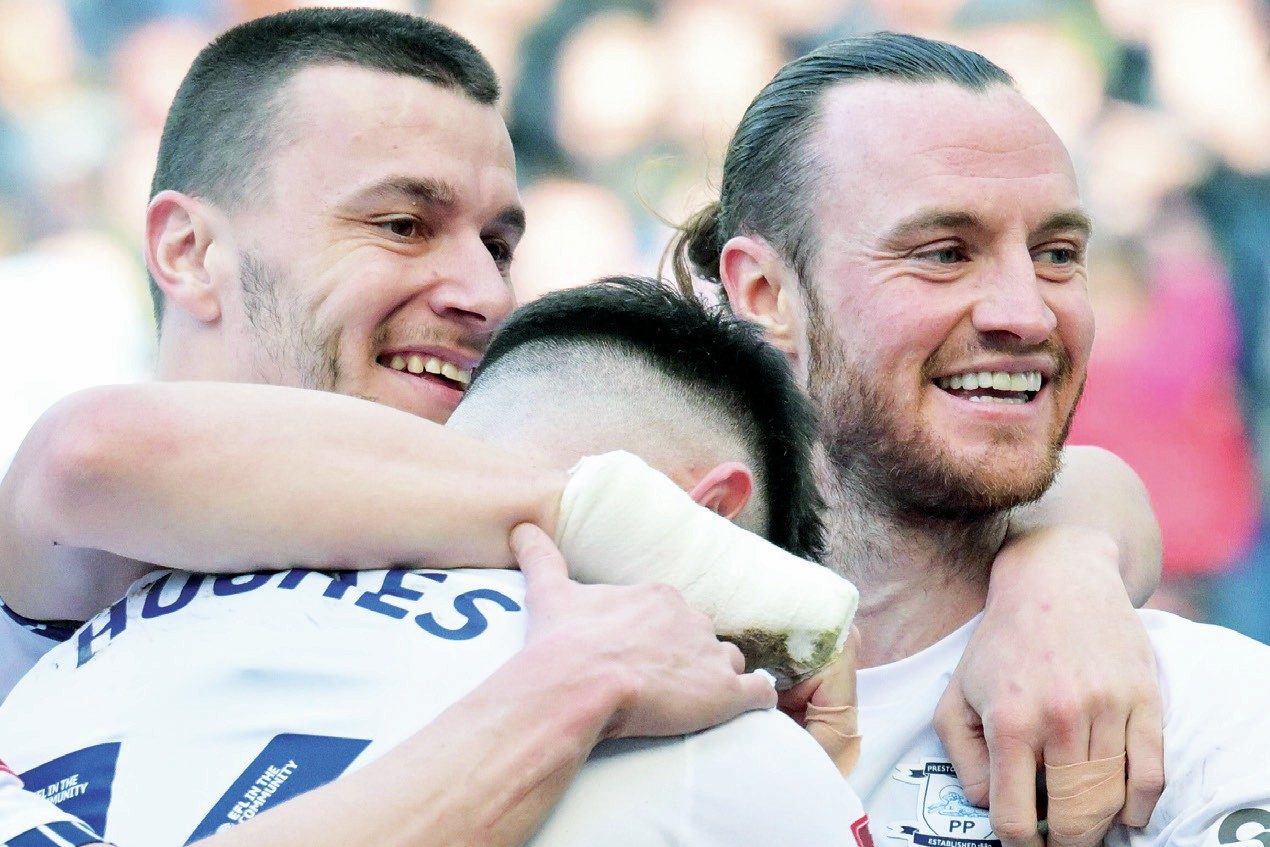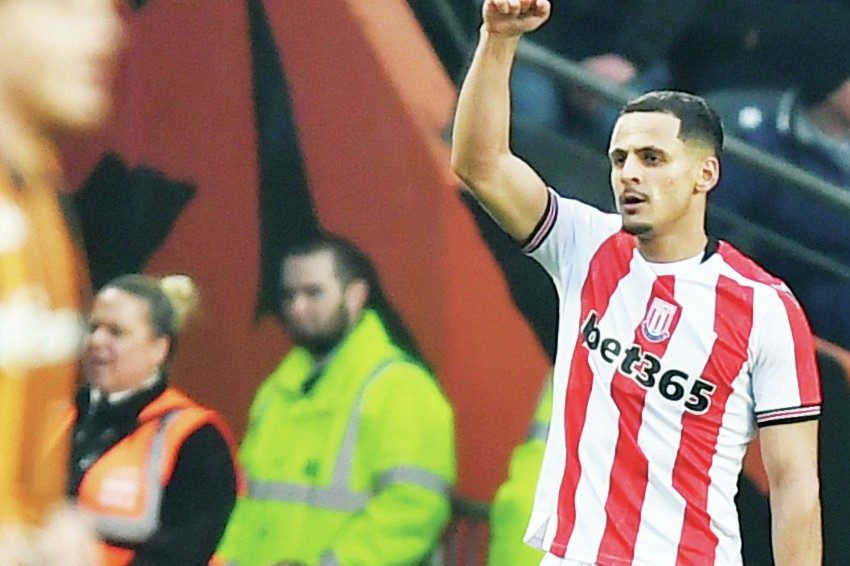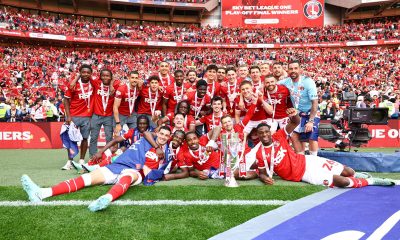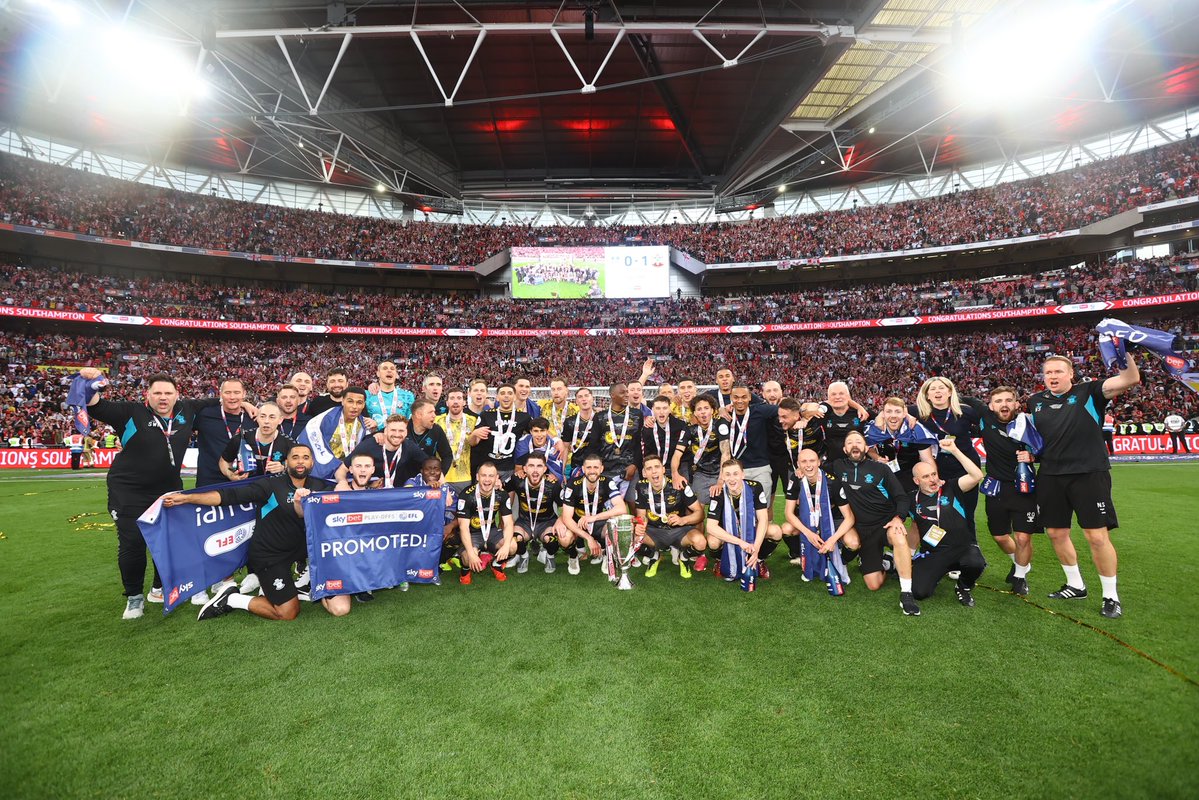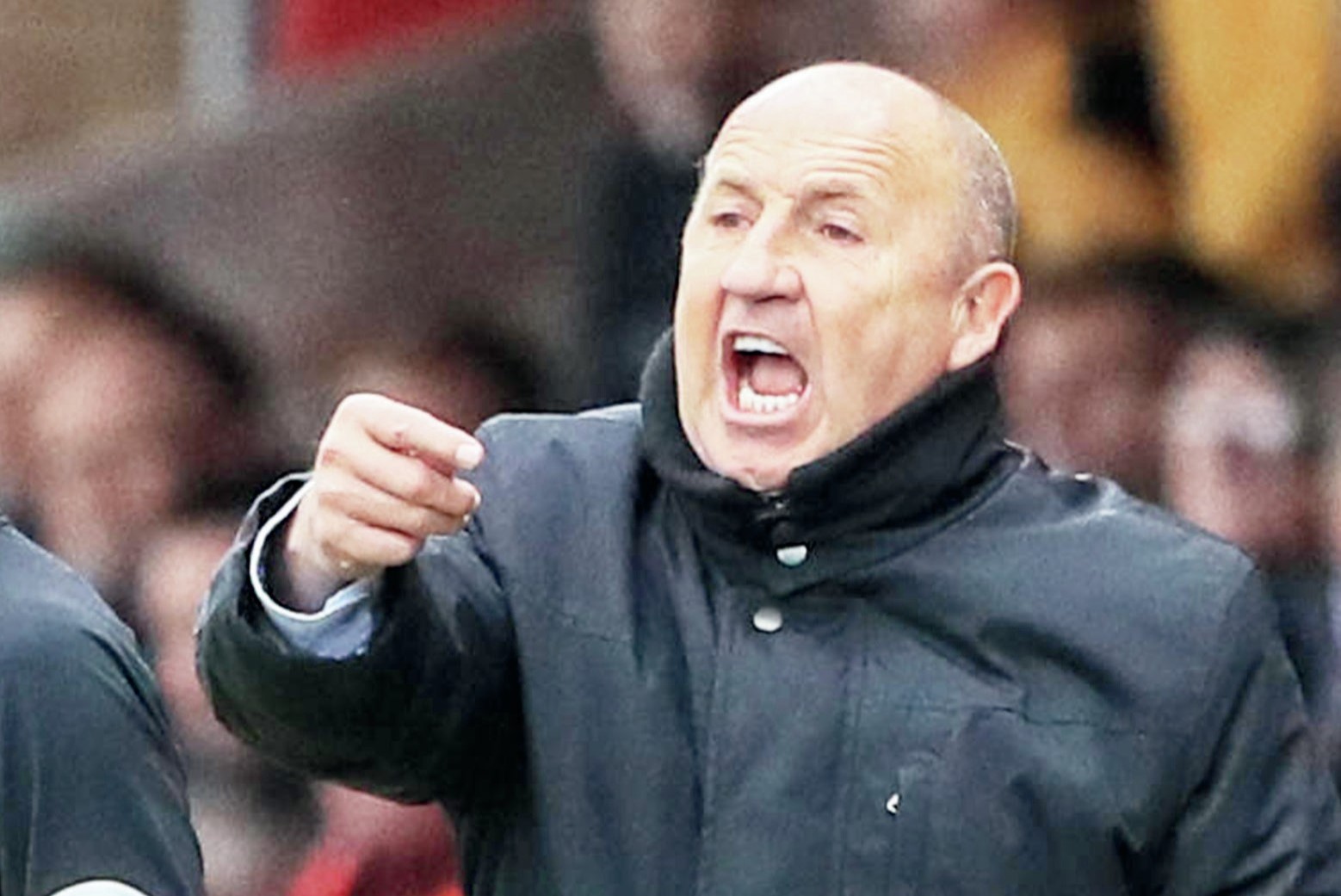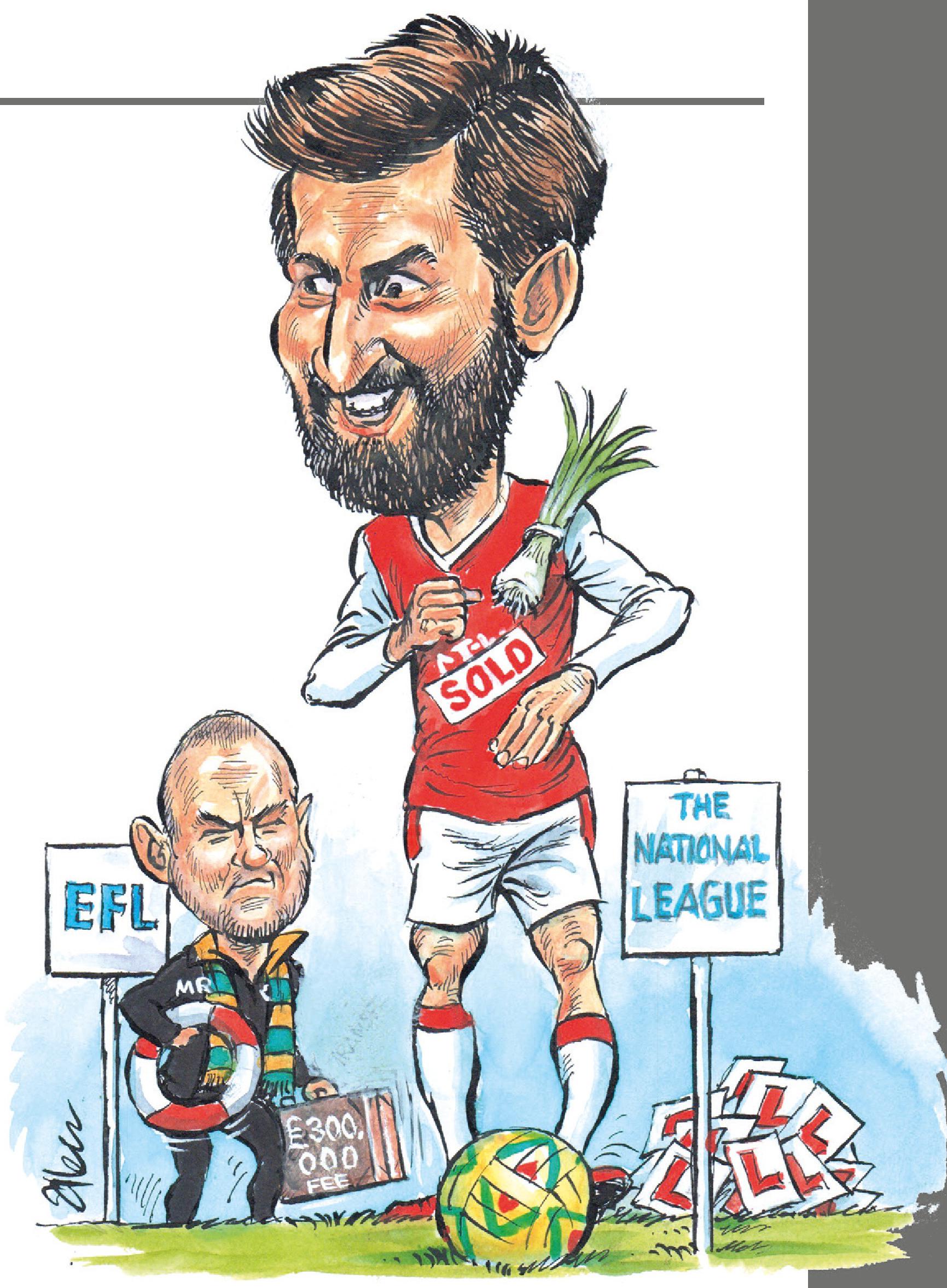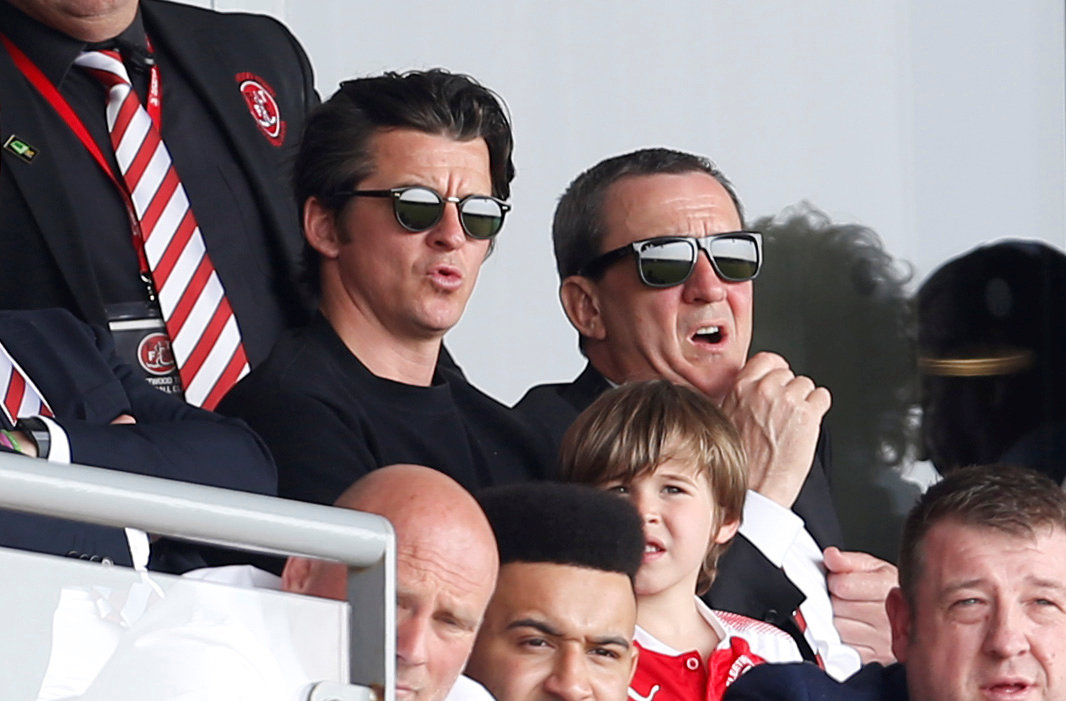
By Chris Dunlavy,
Joey Barton has quoted everyone from Nietzsche to Morrissey, but it was the Arctic Monkeys to whom he turned when asked to describe himself by GQ in 2012.
“Whatever you say I am, that’s what I’m not,” said the 35-year-old. Ever has it proved over a fascinating decade of controversy and contradiction.
Those who wrote off Barton as a thug and a criminal, a man, in the words of Henry Winter, “born to be charged”, were confounded by his emergence as a digital renaissance man, a cod philosopher who pondered everything from
Aristotle to the Big Society.
Yet those who hail Barton’s reformation were equally disconcerted when an appearance on Question Time or an interview with Paxman was followed by a detonation of violence, a swirl of red mist or an FA charge.
Barton even has two names; Joey is his “stage name”, a misprint on a team sheet that he adopted as his football persona. To friends and family, he is simply Joe.
“He’s a fascinating character,” said Michael Calvin, who ghosted No Nonsense, Barton’s 2016 autobiography.
“He’s genuinely interested in the world and the people within it.
“He has very strong views politically. It’s not posed. He’s not projecting – it’s real. There’s a depth to him which I don’t think people realise.
“But under it all there’s this little button that he presses from time to time. And when he does, it’s Armageddon of one sort or another.”
That button has seen regular use. Barton’s early emergence at Man City was marked by slew of ugly incidents; stubbing out a lit cigar in the eye of a youth team player, punching a teenage Everton supporter, attempting to glass City team-mate Richard Dunne.
In 2007, City player Ousmane Dabo pressed charges after a training bust-up left him with a detached retina.
Charges
By the time the case came to court, Barton was already serving 77 days in Strangeways for assaulting a man in Liverpool city centre.
Inside, Barton began to analyse himself, and seek help for his issues. Despite having never taken drugs, he attended Narcotics Anonymous meetings just to hear the stories of those who had.
On his release, he read philosophy, a subject in which he now holds a degree. He also became more engaged politically, railing against austerity, NHS cuts and throwing his weight behind socialist causes.
Before long, he had three million twitter followers and was feted by the liberal elite as football’s foremost free-thinker.
Maturity and education diluted Barton’s rage, but it was never quelled. At QPR in 2012, he was dismissed on the final day of the season for attacking three different Manchester City players. The FA doled out a 12-match ban.
Four years later, he was suspended and ultimately sacked by Rangers after a training ground clash with manager Mark Warburton. He had, reportedly, called his team-mates “s*** players in a s*** league”. Then came the gambling charge that ultimately ended his career.
To his detractors – and there many – Barton is simply an errant character, unrepentant and self-obsessed.
“He has a personality deficiency where a switch goes and he just goes off track and he has no remorse or empathy for his actions,” said former City colleague Danny Mills.
To his apologists, the genesis of that short fuse lies in his upbringing on the impoverished Huyton area of Liverpool.
Barton’s parents split when he was 14. By 15, he knew of several people who had been murdered. His own half-brother, Michael Barton, is currently serving a life-sentence for his part in the killing of an 18-year-old student.
“Where I’m from, you either work hard at school or you escape through sport,” he once said. “The other option is loitering, crime, drugs and prison.”
Yet Barton has never sought to justify or excuse his indiscretions, only to understand them. “I think I do things out of boredom because I have a very inquisitive mind that needs to be active,” he said this year.
“When it gets unfocused or I have lots of free time we hit problems. And my inner chimp doesn’t work well with injustice. With unfairness. It reacts too quickly and it doesn’t think through the consequences.”
Egotism
Equally, there is an element of egotism. Barton famously tweeted that violence always stems from a feeling of little to no self-worth.
He needs to feel respected, as Burnley manager Sean Dyche recognised during three fruitful years at Turf Moor.
“You have to treat Joey like a man,” he said. “Respect is massive for him.
“If you give him everything, he’ll give you everything. If you try and cut the corner or turn him over, he’ll kill you.”
Barton, an avowed contrarian since reading Morrissey interviews in the Nineties, has never fitted neatly into the conservative world of football. Too violent, yes, but also too outspoken and independent.
He wasn’t even supremely talented either, despite a career spent almost exclusively in the Premier League. What got him through was pig-headed belligerence.
“I watched him in the reserves for Man City and I thought this kid is a Non-League player,” said former City boss Stuart Pearce. “But he was so ruthlessly determined to make it.
“He carved out a career with his unshakeable mentality and arrogance and belief in himself. It didn’t matter where he went – he thought he was the best player in the squad.”
Now, aged 35, he is attempting to transfer that belief to the players of Fleetwood in his first managerial post. It is a shift few predicted, but Michael Keane believes his former Burnley team-mate is destined for success.
“He’ll always be prone to the odd outburst, but if you compare Joey now to maybe five, ten years ago there’s a huge difference,” he said.
“He was a leader for us, someone who really understood the game. I can’t see him being anything but really good.”



